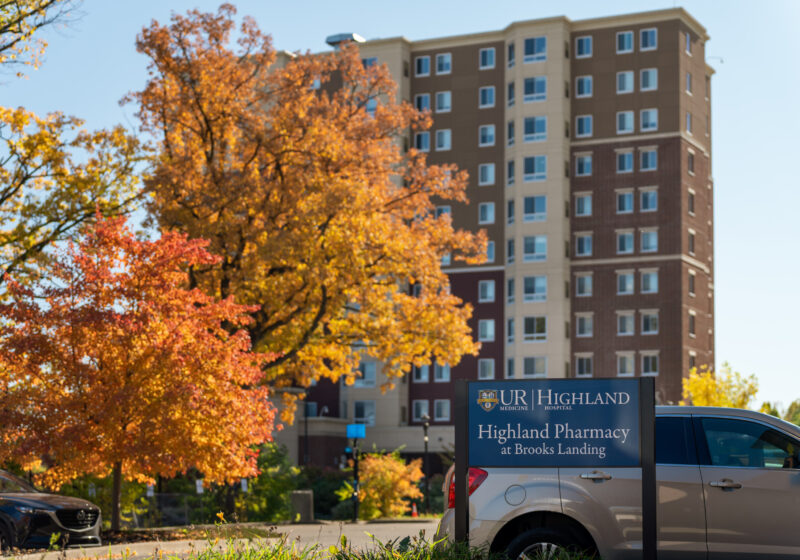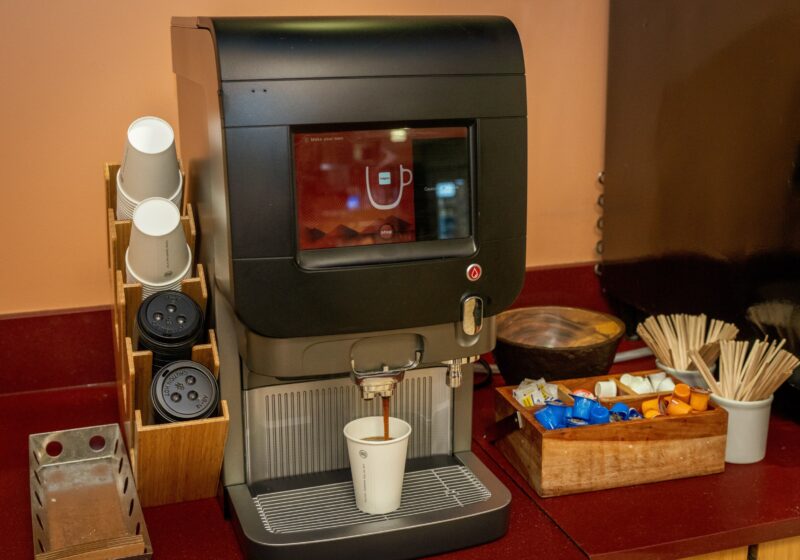UR President Joel Seligman’s February Town Hall meeting was a charged discussion about the quality of life here at UR and beyond these University grounds.
Seligman greeted a small group of students and various heads of campus services with an invitation to eat the free food and for the students to suggest preliminary discussion topics.
He began with an overview of UR. He asserted that the University is indeed a research university, not a liberal arts university. This means that the University as a whole receives 80 percent of its cash flow through the UR Medical Center.
Like any great university, UR requires many talented faculty members. Seligman plans on increasing faculty from 300 to 400 in the undergraduate program.
“We want to attract new talent to our faculty,” he said.
The undergraduate student population will increase as well from 4,000 to 5,000. There will be an additional 33 students added per year to each incoming freshman class until eventually there will be 1,250 students entering as undergraduates every year.
“We are not changing the ratio of students to faculty,” Seligman said.
He also said that University programs will have to grow in proportion to the increased undergraduate population.
“We will, over the next few years, have to grow the space of the University in virtually every department,” he said.
Big changes await the University in the next couple of years. The president has set up strategic planning committees to best organize massive expansion projects in almost every facet of UR.
The Margaret Warner Graduate School of Education and Human Development will get its own building, leaving Dewey Hall for undergraduate use. There will be increased space for science facilities. In addition, there will be expanded athletic facilities and a connecting building between Todd Union and Strong Auditorium, creating a “Performing Arts Village” to fill a need for performing arts space.
“One of our biggest challenges is parking,” Seligman said. He called for a coordinated effort for parking throughout the entire university. Possible plans include parking for Riverview apartments and eight new multi-level parking structures.
Seligman explained the need for an exit from I-390 to handle the anticipated additional traffic so as not to overwhelm Brighton and other neighboring towns. The school plans on increasing its land-holdings on the other side of Elmwood Avenue by 500,000 square feet to accommodate parking, additions to the hospital and eventually the addition of a “mini college town” that would include retailing, housing and classroom space.
Some of this support will come from the state. Assemblyman Sheldon Silver has backed plans to boost the economy of upstate New York and, since UR is the largest employer in Rochester, the state has strong incentives to support the growth of this institution, according to Seligman.
One concern raised by a student and addressed by Seligman was about public relations at UR.
“We are a little like an undiscovered school in certain parts of the country,” Seligman said.
One advantage Seligman discussed from seeing UR’s name more frequently in national media has been an increasingly geographically diverse student body. Only 43 percent of this year’s freshman class is from in-state. This is the first year more than half the class is from outside of New York.
Still, more can be done to enhance the reputation of this school. If you have pride in your school, Seligman suggested, then show it and tell everyone about it and be a proactive supporter.
Seligman spoke of his time off campus and on the road. He noticed a strong sense of pride among alumni and he directed a message to students, as well.
“You’ll always be a member of the University of Rochester. Graduation is not the end,” he said.
This further emphasizes his goal of keeping alumni connected by involving them, and not just in fundraising.
One of the most pressing matters at hand for many of the students at the meeting was Dining Services. Director of Campus Dining Services and Auxiliary Operations Cam Schauf addressed these issues.
Schauf spoke of plans to renovate Wilson Commons, Danforth Dining Hall and Douglass Dining Center during the summer of 2009. Also, he addressed the uncertainty of dining at Riverview. He wants to make sure that Dining Services meets people’s needs. Still, students voiced their worries about the quality of the food and the Dining Services workers. Schauf addressed these issues, saying that dining areas are constantly inspected and that high turnover for food service employees and managers makes it difficult to retain a trained staff. Schauf invited concerneds students to join the Dining Services Committee.
“[The committee] provides an opportunity for students to give feedback, to participate in Dining Services’ decision-making process and to encourage discussion and interaction between students and the Dining Services staff,” he said.
The Town Hall meeting ended with informal and personal discussions with Seligman.
Karron is a member of the class of 2011.




